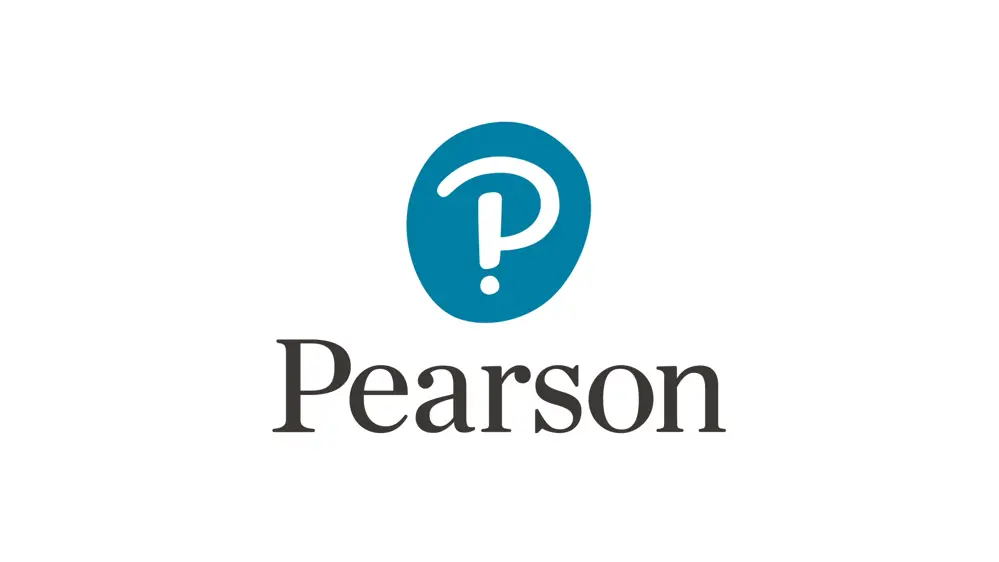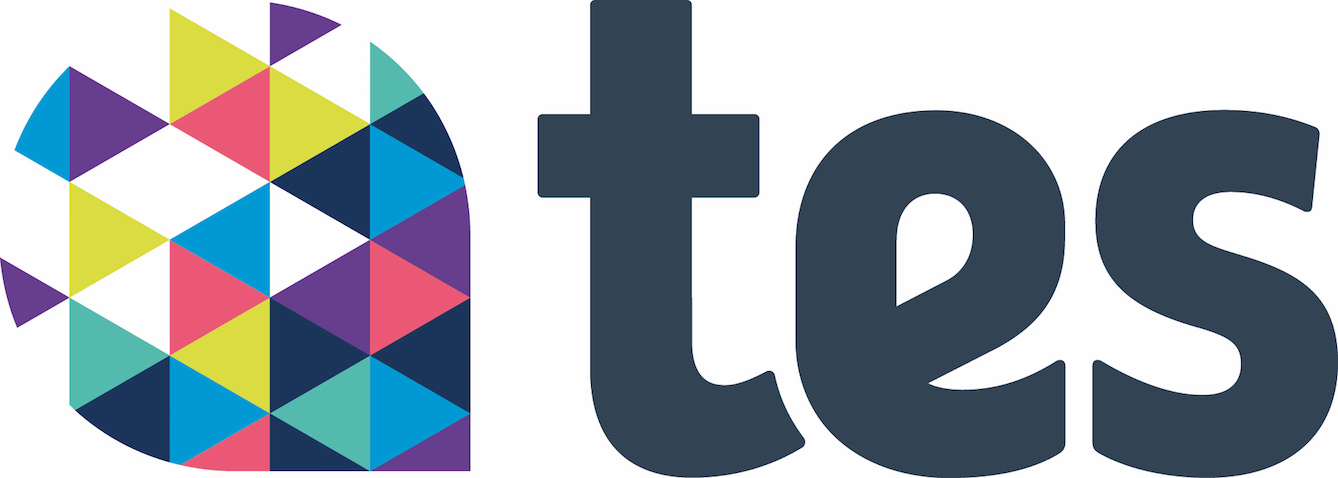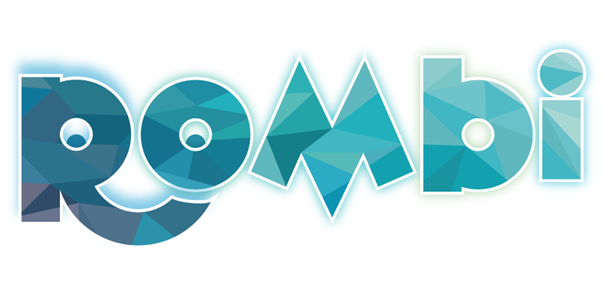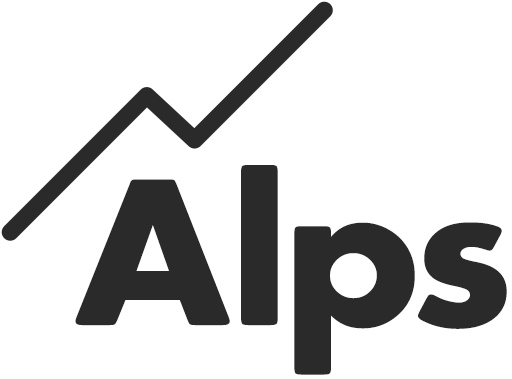The Future of Innovation in Learning and Teaching in Schools 2021
Online Conference 23 June 2021, 9:00am - 24 June 2021, 2:00pm
Increasing effective use of technology in schools and colleges building on COVID-19 – developing the UK Government’s Digital Education Strategy and the EdTech Demonstrator Programme.
- The UK Government wants to build on massive advances in use of technology and develop a more digitally mature education system
- The flagship EdTech Demonstrators Programme is building on support for schools and colleges on remote education to work towards longer term sustained use of technology
- Examples of innovation that the Demonstrators are sharing with schools and colleges
- Without the auspices of love we cannot exist; it is our field of engagement. Without desire, there can be no ideas, direction or movement; it is our engine and our compass. Without perceptual integration, there can be no coherence in our expression; cultivating it lays the foundations for our mental, physical and aesthetic infrastructure.
- Practical tools and ideas for reducing overwork and steadily working wonders; from SEN&D, to mainstream, to transformative CPD for teachers.
- ROMBi. How it came about, what it does (case references), and where this can take us.
- Putting ideas to the test: questions welcome!
Covid-19 has driven a step change in digital innovation in education, but what can this mean for the future of assessment at all levels?
In this session, educators and the Pearson team will:
- Reflect on the recent digital transformation in education
- Draw on case studies showcasing innovation in action -- from onscreen assessment to enhanced results analysis that informs responsive planning, teaching and learning, and reduces teacher workload where it counts
- Explore recent findings from our Future of Qualifications and Assessment research
- Consider the potential future use of technology in high-stakes assessment
Panel
Hayley White, Assessment Director, UK Schools, Pearson (Chair)
Lizzie Watts, Director of Accreditation & Standards, Pearson
Les Hopper, Director, Digital and Assessment, Pearson
Alex Yarnley, Assistant Head (Curriculum), Wolverhampton Grammar School
Matt Jones, Technology for Learning Lead at Blackpool Sixth and tutor of Drama, Performing Arts and Media
The recent EEF report showed that disadvantaged pupils were up to 7 months behind peers due to covid highlighting that post lockdown, It’s never been more critical to reach reluctant readers.
To foster a love of reading, children need to enjoy it and now that pupils are back in the classroom, how can we engage those reluctant readers?
James Schillemore from Stamshaw Junior School says that as a teacher, you need to be ‘seen’ to love reading and be the reading role model that pupils in your class can aspire to be.
In this presentation, James will discuss:
- The importance of enjoying reading on confidence
- The need to get a healthy balance between screens and paper
- Why we need to promote reading as an alternative form of entertainment, not just a chore, author events etc
- James will also provide his top four tips to reaching reluctant readers.
- Delivering an experience that is more authentic and meaningful than traditional work experience
- Partnering with a diverse mix of organisations to task students with meaningful and challenging problems that will add value to their work
- Enabling young people to feel supported, valued and listened to and part of the real world
- Giving young people the skills to communicate in the workplace and understand their role in it
- Focusing on language to contribute to young people’s confidence, eloquence and sense of identity and self-worth
- Developing teachers’ digital skills in order to successfully integrate EdTech into schools and supporting ICT teachers in undertaking relevant qualifications
- Improving schools’ understanding of what technology best suits their needs and how to get the best deal
- Simplifying the marketplace for schools and suppliers and pre-negotiating buying deals for technology
- Using the online platform ‘LendEd’ for teachers to trial products before they buy
- Bringing together teachers and education leaders to discuss and see best practice use of technology in the classroom in action
The bespoke immersion suite, known as 'The Space' was researched, designed and built by the Holy Family Catholic Primary, so it is totally unique.
The room contains all the technology teachers need to create any environment, place or event from anywhere in the world during any period past, present or future. They have a 180-degree wraparound screen, LED lighting, sound system, scent box, interactive floor and temperature control to work with, as well as traditional props and costumes so the room can be a WW2 Bomb shelter, a Victorian hospital, an enchanted forest, a BA flight to Barcelona, Willy Wonka's chocolate factory or a space station. It has been a major factor in our successful creative curriculum, very high outcomes and strong social/communication development over the last 6 years.
Our vision with The Space was that it would provide us with the opportunity to immerse children in a full experience - how can you expect a 10-year-old to write with emotion, clarity and vivid description about being in a cave if they've never actually been in one? So, we create the cave, the sounds, sights, smells and temperature then the children can feel it all and express themselves.
- The importance of handwriting and spelling now that we return to the classroom
- The findings of Ofsted and TES and how we can close the learning gaps
- Insight into how they improved handwriting and spelling at Rosetta Primary School, UK.
- Techniques and tips to close the learning gaps
- Building a strategic vision. Considering the key ingredients for a successful approach.
- The importance of a digital workflow that allows for operational efficiencies
- Building Innovation on research based approaches to assessment and feedback.
- Deploying iPads to every pupil to achieve a rise in academic attainment and progress resulting in a 10% increase of A* and A grades
- Improving engagement with learning resources and ability to self-study and enabling access to a wide range of tools from home
- Introducing AI software as an aid to learning and academic intervention and changing the curriculum to allow time for coding as part of DT
- Enabling staff to spend less time on marking and more time on targeted interventions with specific students based on computer diagnostics
- Developing staff skills through the Apple Teacher Programme to use the technology to support classroom pedagogy
- Introduce flipped learning as a pedagogical approach.
- Describe a case study of the flipped learning approach.
- Reflect on the benefits and challenges of this pedagogical approach.
- Provide practical tips on how to apply this pedagogical approach to a secondary school context.





